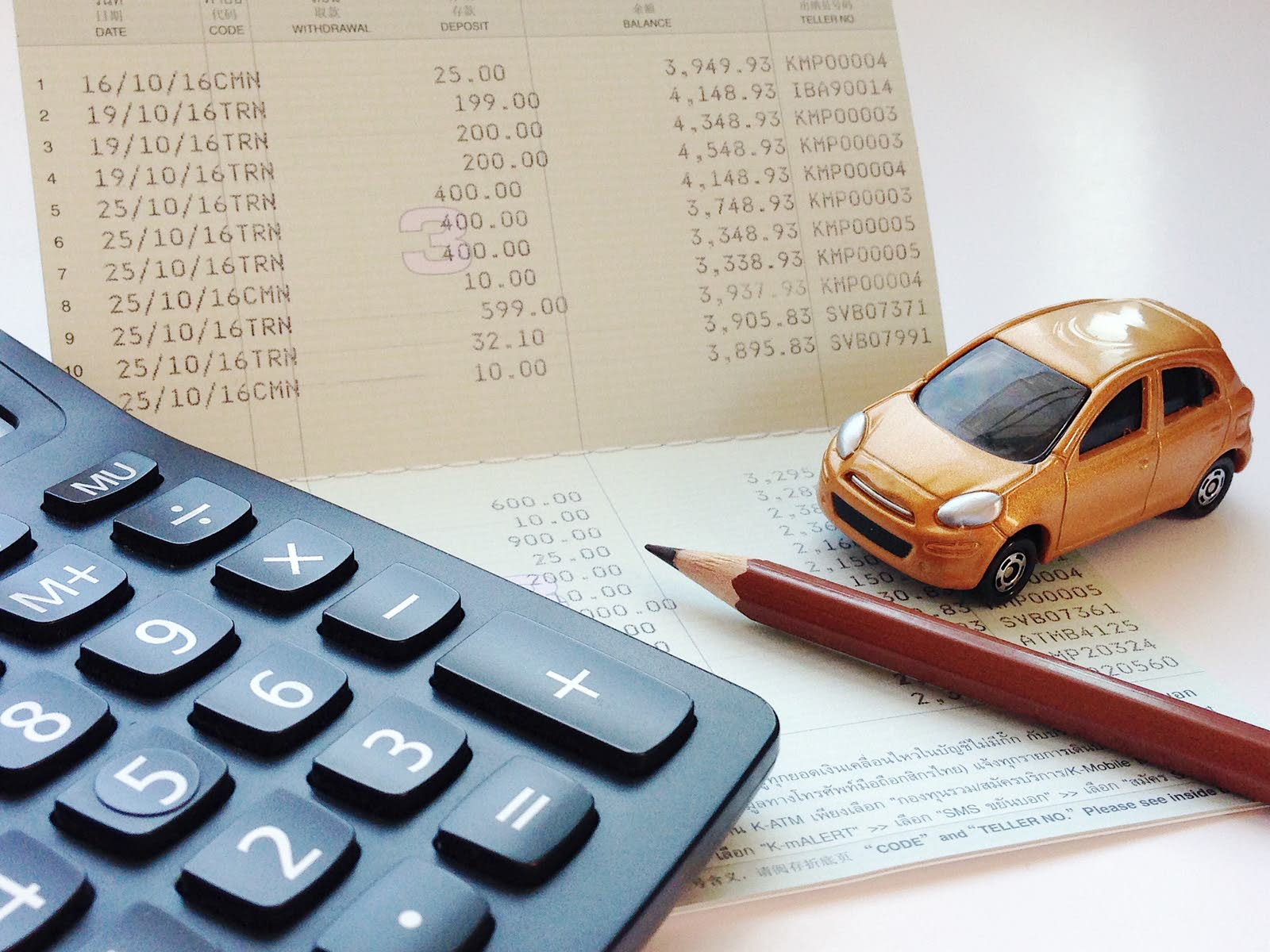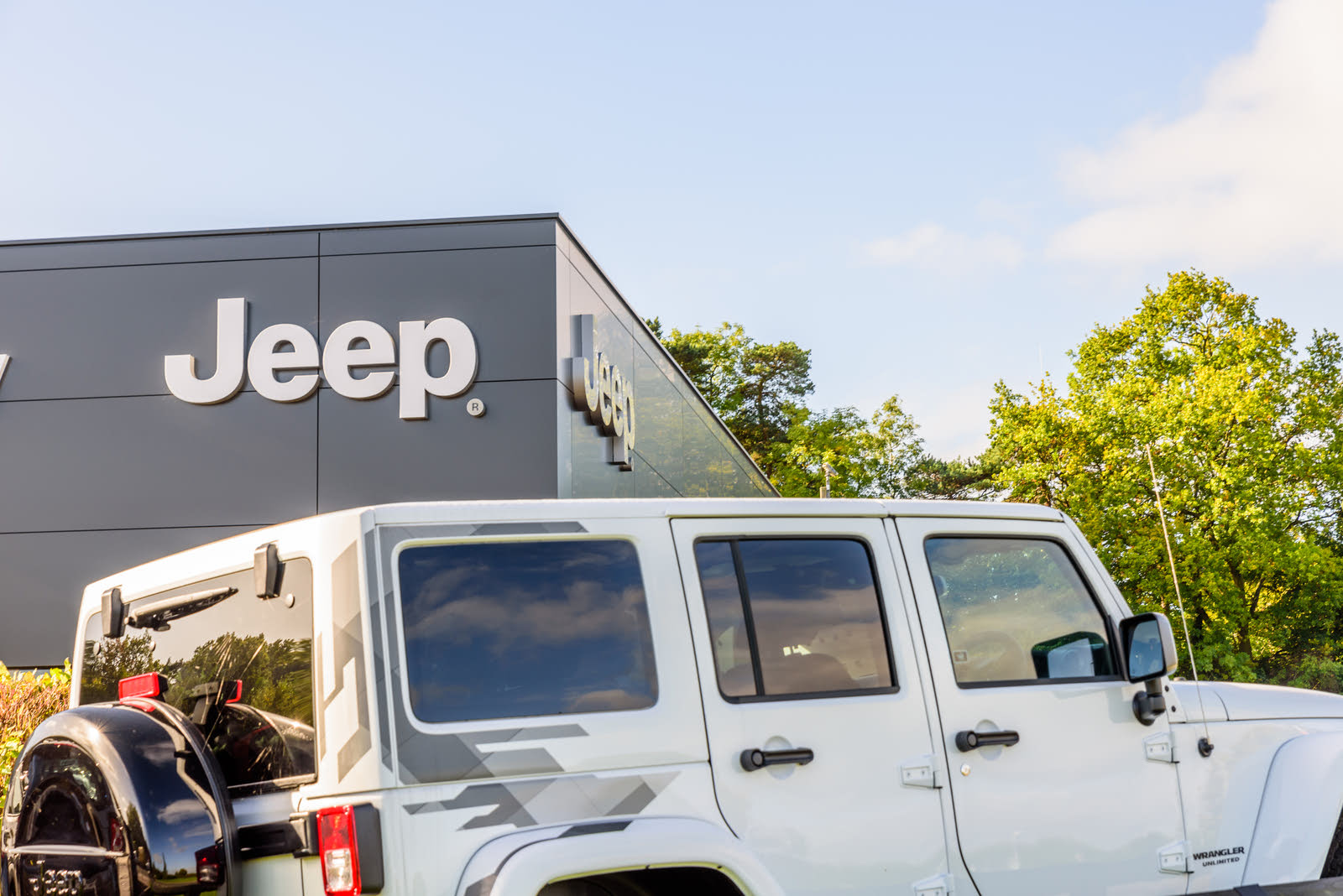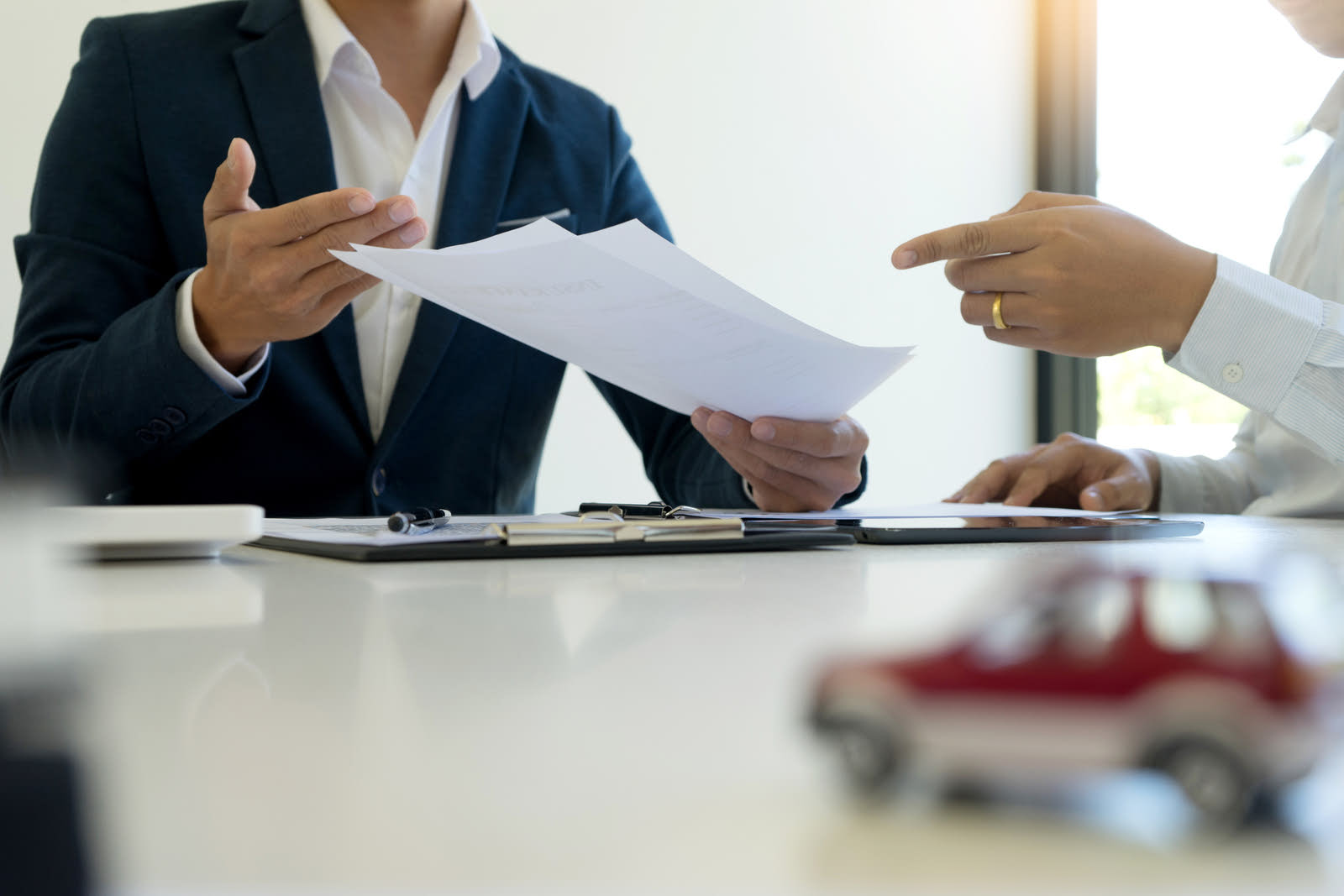Biggest sale of the year! Thousands below invoice!
New-car dealers commonly use phrases like these to draw prospective car buyers into showrooms; yet, as with anything, the devil is in the details. More important than a vehicle's sale price is the actual out-the-door price (or OTD price), a figure that reflects all applicable taxes, fees, and other costs that may turn that great deal into something more overpriced. Some of these costs are unavoidable, but others are optional and possibly open to negotiation. Just like interest rates, extended warranties, and financing options and loan terms from lenders, hidden fees are part of the car shopping process. Here’s how to spot them and which ones you should expect to pay—and which ones you can avoid.
Finding the Out-the-Door Price When Buying a Car
What is an Out-The-Door Price?
What Fees Should I Pay When Buying a Used Car?
Should I Pay ADM or other Dealer Markup Fees?
Additional Fees to Avoid When Buying a Car
What is an Out-The-Door Price?
Perhaps the most often overlooked expense associated with a new-car purchase is that of taxes and fees. Most car price calculators don’t factor in fees, and a lot of shoppers will spend time and effort hammering out a fair price on a car or a trade, only to find themselves heading into round two with a finance manager outlining extra costs that are largely non-negotiable. Some of these dealership fees are normal and expected, even if they aren’t mentioned in the sticker price, but others can unnecessarily increase the cost of the car, and they should be avoided.
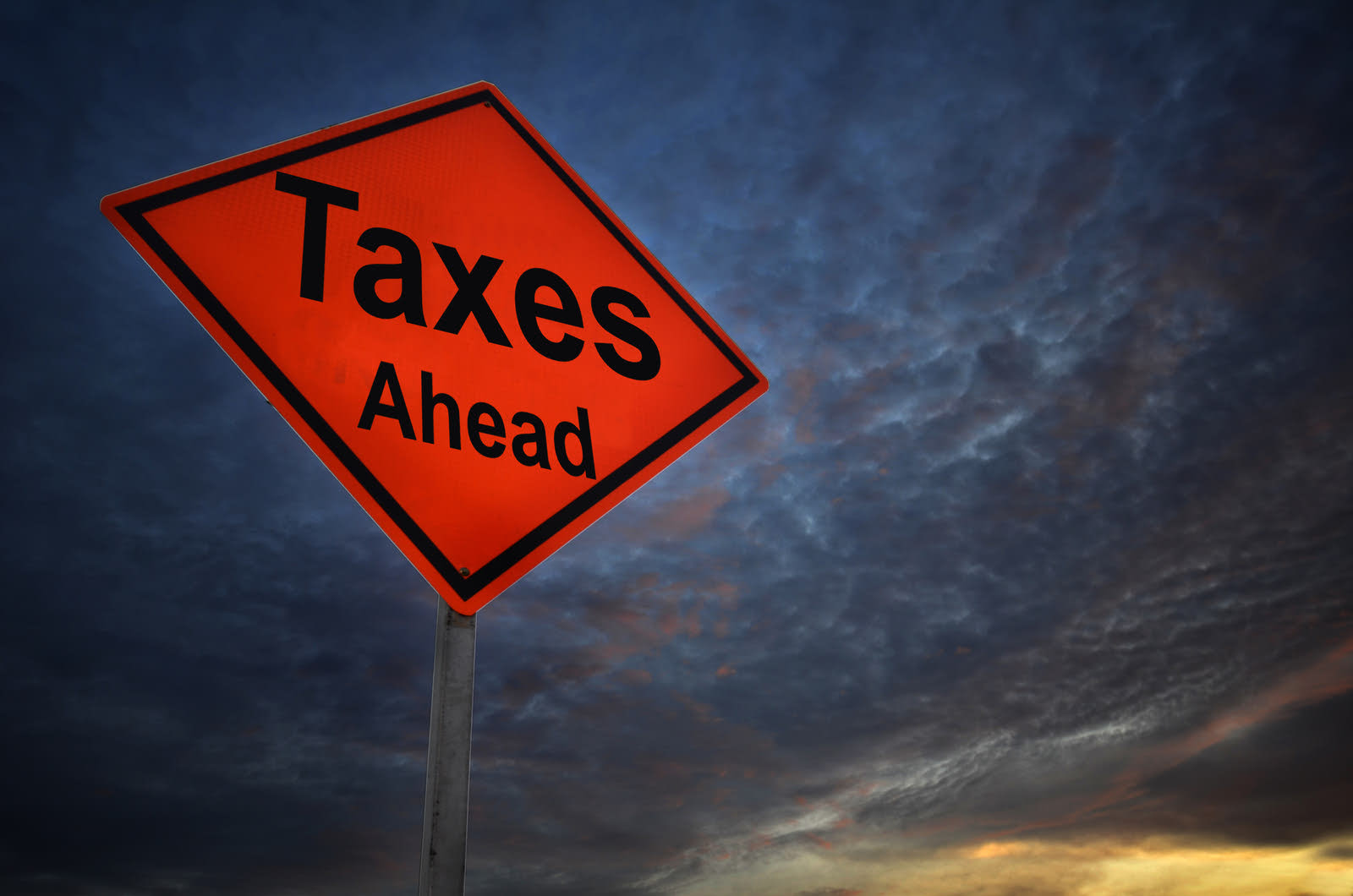
Sales Tax
Whether a car is purchased from a dealership or through a private sale, and whether it’s a new or used vehicle, nearly all states levy sales tax. How much you'll pay depends on the tax rate of the state in which you register the vehicle—not where you buy it, so you can’t game the buying process by purchasing a car in a state or a nearby county with a lower tax rate. Some cities and counties add more sales tax to the state amount, too. Also, sales tax is generally calculated on the total amount, including the down payment, add-ons, or other extra charges. Eliminate those and you’ll get a better deal on the tax bill.
While these charges are unavoidable (unless your state has no sales tax), you may be able to lessen the tax burden in a couple ways. If you trade in a car, most states subtract the amount you receive from the dealer from the taxable price of your new vehicle.
You may also save on sales tax through dealership rebates or incentives that reduce the sales price of the car. Fewer states allow this option, though.
Registration Fee
You must also pay your state a vehicle registration fee to receive license plates and a title fee to record your car's title. States determine these fees in different ways. Some charge a flat rate for any vehicle; others use a scale based on the vehicle's weight, value, age, or other criteria.
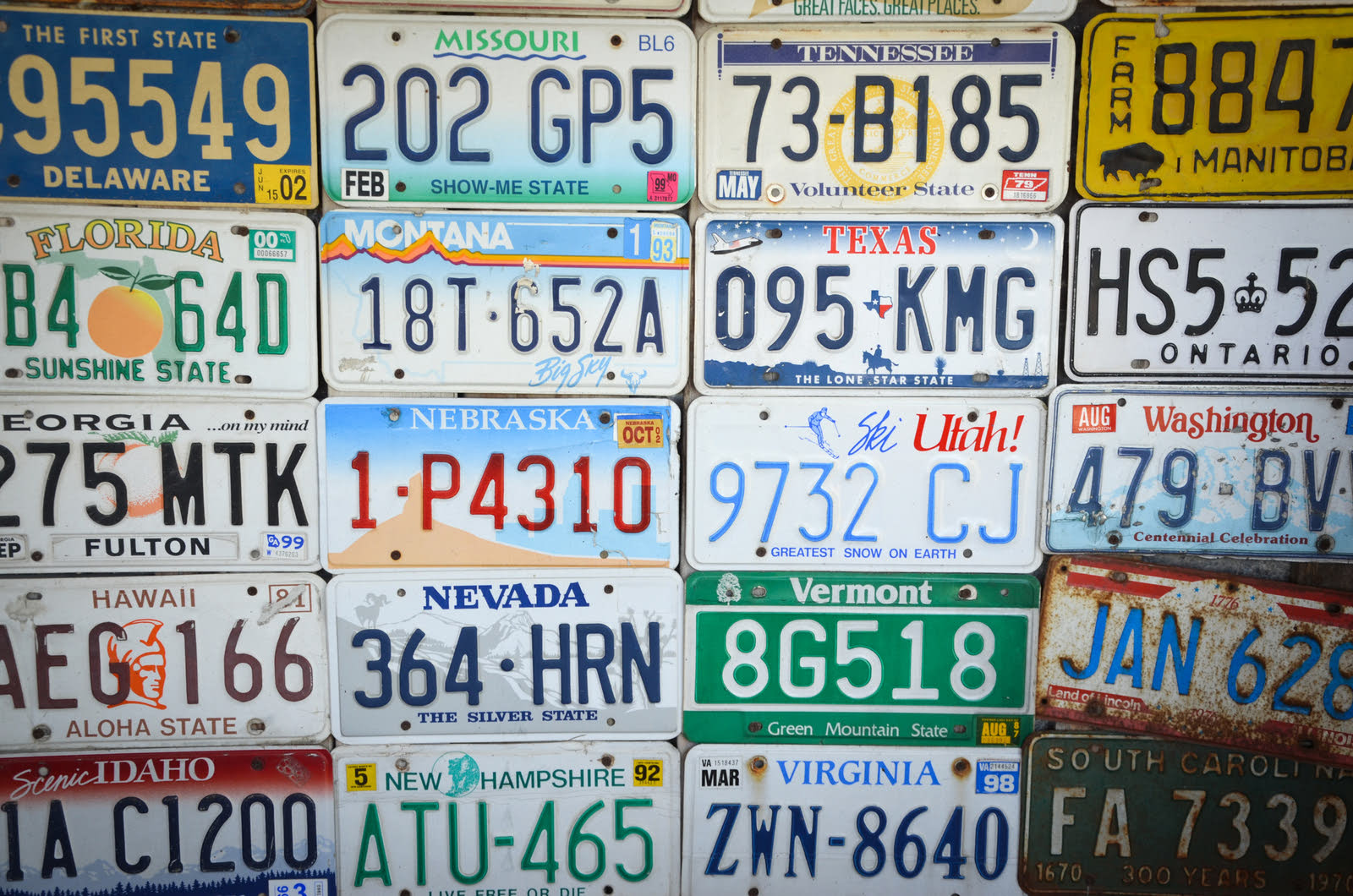
Document Fee
Then, there are dealer fees. Car dealers usually handle registration paperwork for you. For doing this, they'll charge a dealer documentation fee, also known as a document fee or doc fee. You can try negotiating it—especially if you'll still have to visit the Department of Motor Vehicles (DMV) or your local equivalent to complete the registration process. But it's hard to waive the doc fee altogether. If the dealership won't budge, try negotiating the vehicle's price until you cancel out the cost of the fee.
Destination Fee
A destination fee, or destination charge, is what the automaker charges to transport a car to the dealership. These fees use a concept called "equalized delivery." In short, that means manufacturers make dealerships pay equal destination fees, no matter their location. So you can't, for instance, save on this fee by shopping closer to a manufacturer's factory.
Like other manufacturer costs, you likely won't be able to negotiate to reduce a destination fee. But look out for dealerships that charge a "delivery fee" on top of a destination fee. That extra delivery fee doesn't come from the manufacturer, and you shouldn't have to pay it.
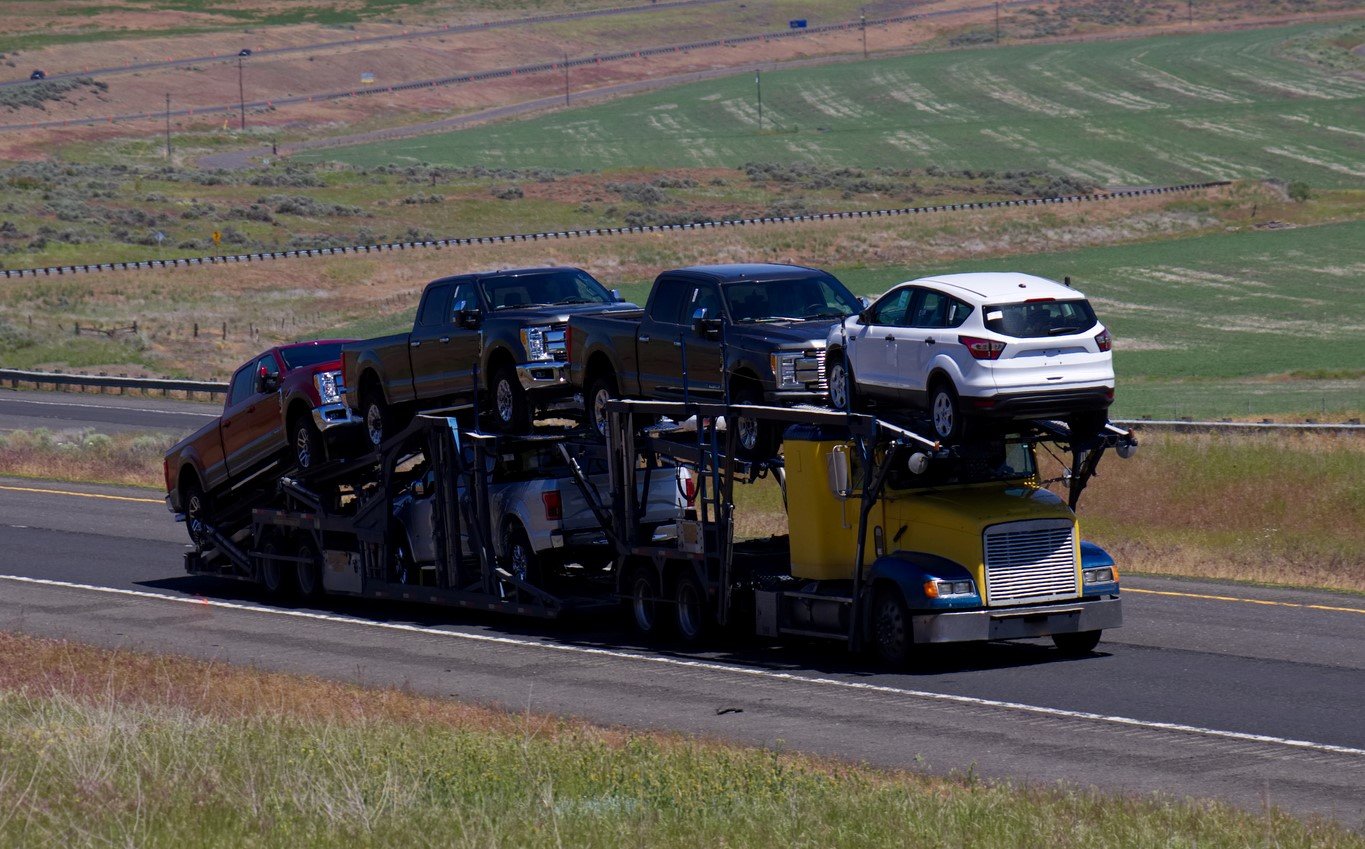
Excise Tax
Excise tax is like a property tax for owning a car. You pay this to your state annually after registering a vehicle, so you shouldn't expect to pay it when you buy the car at a dealership. Not all states charge a vehicle excise tax.
Different states have different tax rules, so research your state's policies to see how much you might owe per year. Typically, the amount is tied to the car's value. In Massachusetts, for instance, car owners pay $25 per $1,000 of value, where value is determined by a set percentage of the car’s original manufacturer's suggested retail price (MSRP). So, if the determined value of a car is $15,000, the owner would pay a $375 excise tax bill.
You must pay excise tax every year you own a car, though your bill will decrease each year, often until it hits your state's minimum threshold. That's because car values continuously depreciate—and this is one time it's okay to be happy about that.
Should I Pay ADM or other Dealer Markup Fees?
All automakers assign a Manufacturer’s Suggested Retail Price (MSRP) to new cars, but dealers set the actual selling price. If a vehicle is in demand, car dealers will add a markup, sometimes referred to as a “market adjustment” or “additional dealer markup” (ADM), if they think people will pay more than the MSRP for a car. You can see these markups on the window sticker, added to the final price of the vehicle.
While paying a markup might get you the car you want when supplies are tight, it’s not a good idea in the long term. The trade-in value of your vehicle won’t reflect markups paid as part of the purchase price, so you stand to lose money by paying more than the MSRP. That higher price will also be reflected in higher monthly payments, which could make getting an auto loan more of a hassle.
Dealers slapping ADMs on new cars are generally confident that, if one potential buyer refuses to pay the additional fee, others will line up. That makes it hard to negotiate an ADM, but simply telling the salesperson that a markup is out of the question is a good place to start. The best tactic, though, is to wait out any surge in demand if you can. When demand for a specific model dips, ADMs could be replaced by incentives and rebates that bring down the total cost.
Additional Fees to Avoid When Buying a Car
The fees listed so far are an inevitable part of car buying, either non-negotiable or difficult to negotiate down. But some car dealer fees can be completely avoided or at least negotiated down easily at a car dealership.
Advertising Fee
You can run into a couple different advertising fees when buying a car. The first type is a regional advertising fee. Car manufacturers charge dealerships this fee to run advertisements in their area. You'll find this fee on the manufacturer's invoice, and like other manufacturer costs, the buyer should pay it.
Some dealerships may also charge an extra fee to cover their own advertising efforts. That's for the dealership to pay, not you. If you're unsure which type of advertising charge a dealership has included, ask.
Prep Fee
A preparation fee covers a dealership's costs to get a car ready for sale. For new cars, not much work is needed—mostly just removing plastic covering from the seats, adding fluids to the car, and checking the tires. So, no matter what this charge is, it's likely too high.
Used cars may need more time and effort for dealer prep. But without this investment, the dealer probably couldn't sell the car at the price you're paying. Because of this, it's reasonable to ask them to cover it.
The Bottom Line
These fees largely cover what you can expect in terms of paperwork costs, don’t forget that many dealerships will also offer you plenty of add-ons, which can further inflate the final cost of the vehicle.
Besides sales tax, most car-buying fees cost only a few hundred dollars each. But the individual amounts of those additional charges add up, and they can make a substantial difference in the total cost of your car purchase. Figure out how much you want to pay based on the car's market value, then add fees and taxes to estimate the total price. To get the best deal, shop around with that number in mind, and ask the salesperson plenty of questions upfront—including, "Will you waive that fee?"

